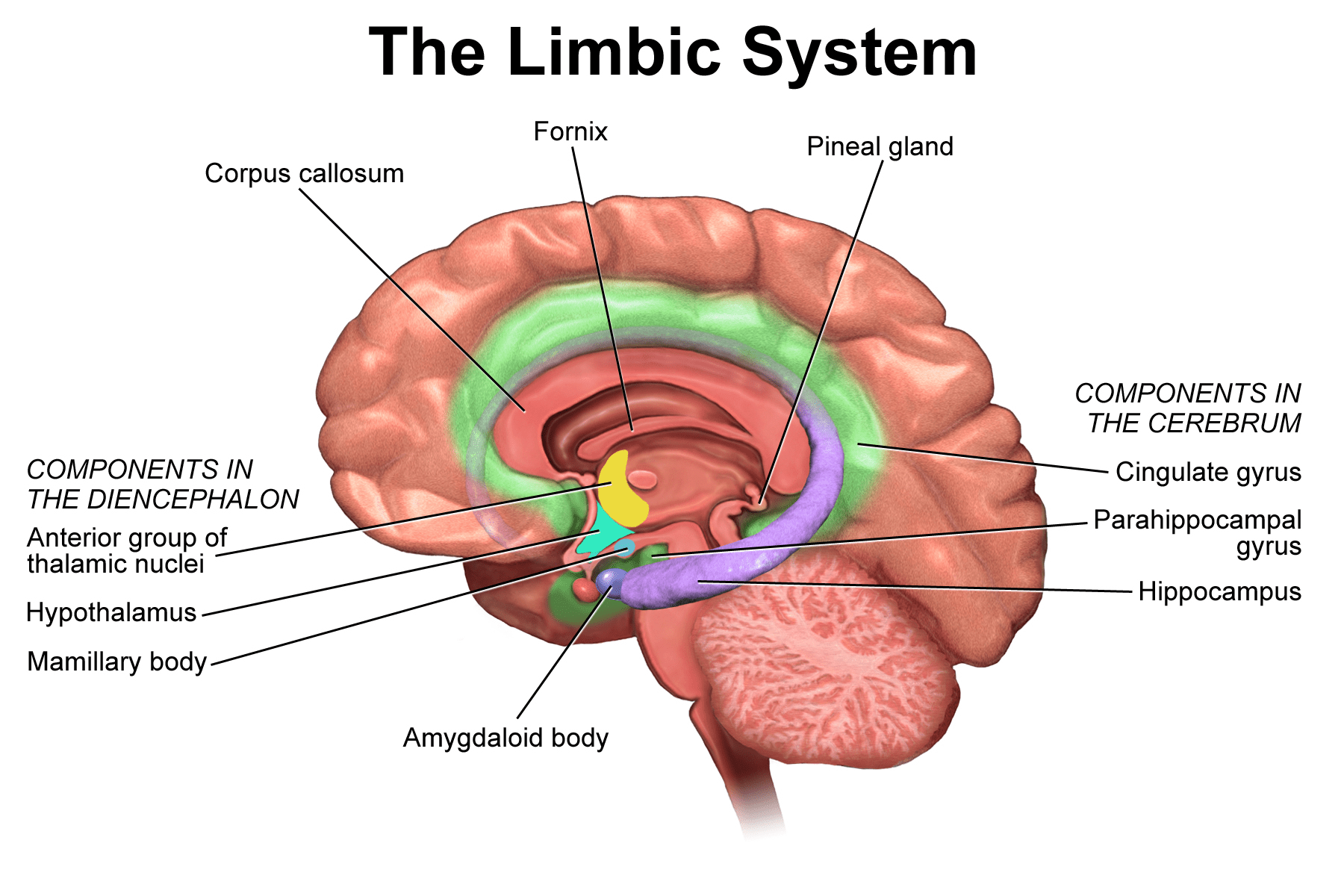
Face Fears to Boost Your Brain at Work
Courage is the ability to do something that frightens us, and science tells us that how we face fears has a substantial effect on our well-being. Stress and fear are often found together, and when we get scared or stressed our amygdala can largely take over our brains, deciding between fight, flight or freeze, which isn’t always best for brain function.
Studies support that when we learn to feel safe in the face of our fears it has many benefits. This study found that in animals, learning to feel safe may promote the survival of new brain cells and increases levels of BDNF (BDNF is brain-derived neurotropic factor; it’s like learning aid for your brain).
In the workplace, facing your fears may not only boost your brain, but can also improve relationships, productivity and happiness. How can you overcome the negative effects of fear while boosting your brain at work?
Power-up Your PFC
The first step in facing your fears is strengthening your prefrontal cortex (PFC). Your PFC is involved with executive functions such as planning, focusing attention, making decisions, initiating action, and inhibiting inappropriate action. Strengthening this ‘executive decision maker’ will allow you to notice your fear and make conscious decisions about how to respond.
The following ideas–all of which are included in the current version of my card game that teaches the science of thriving at work–can help you power up your prefrontal cortex as a step toward facing your fears:
- Be Here Now: Now is all you have. Focus your awareness and thinking on this moment right here, right now. Those who focus more on the present moment are happier than those who spend more time in the past or future. Focusing on the present moment includes simply paying focused attention to one of your senses. David Rock shares how practicing mindfulness in this way leads to better decision making and goal achievement.
- Emotional Intelligence: Learn to recognize and label the emotions that you and others are having. Studies suggest that people with higher emotional intelligence have improved job performance and leadership skills. The strategies “Name It to Tame It” and “Stay with That” build emotional intelligence while powering up your PFC. Increasing your emotional intelligence and being in the present moment both help you to evaluate and acknowledge any fear you are feeling.
- Ringing Meditation: Whenever you hear a ring or ding, take one big deep breath, trying to just notice how it feels without judgment. This is another mindfulness practice that helps boost focus, self-control, health and happiness. For more mindful moments to add to your day see the article Mindful For A Moment.
Practice Courage
Powering-up your prefontal cortex and acknowledging your fear prepare you to take action. The next step is to practice moments of courage, building your courage like you build up a muscle. Psychologist Ben Dean suggests that courage is a habit that we cultivate by repeatedly practicing brave acts.
The following ideas are ways you can develop the habit of courage:
- Courageous Conversation: Have a difficult conversation that needs to be had. Calm yourself and your fears, and then be respectful, assertive and flexible. The quality of our relationships has a huge effect on the experience of our working lives.
- Courage to Fail: Don’t just tolerate the mistakes and failures you or your colleagues make, celebrate most of them. Failure happens when people are taking action, taking risks, learning, and growing. We can learn the most from our failures.
- Thinking positively and managing stress are also key to practicing courage and facing your fears at work.
How do you power-up your brain? In what ways do you practice courage at work?
We always appreciate your comments, feedback, questions and insights! Have
you found ways to effectively deal with your fears at work? Simply comment on this blog or our Facebook page, or tweet to @ScottCrab so others can learn from you as well.